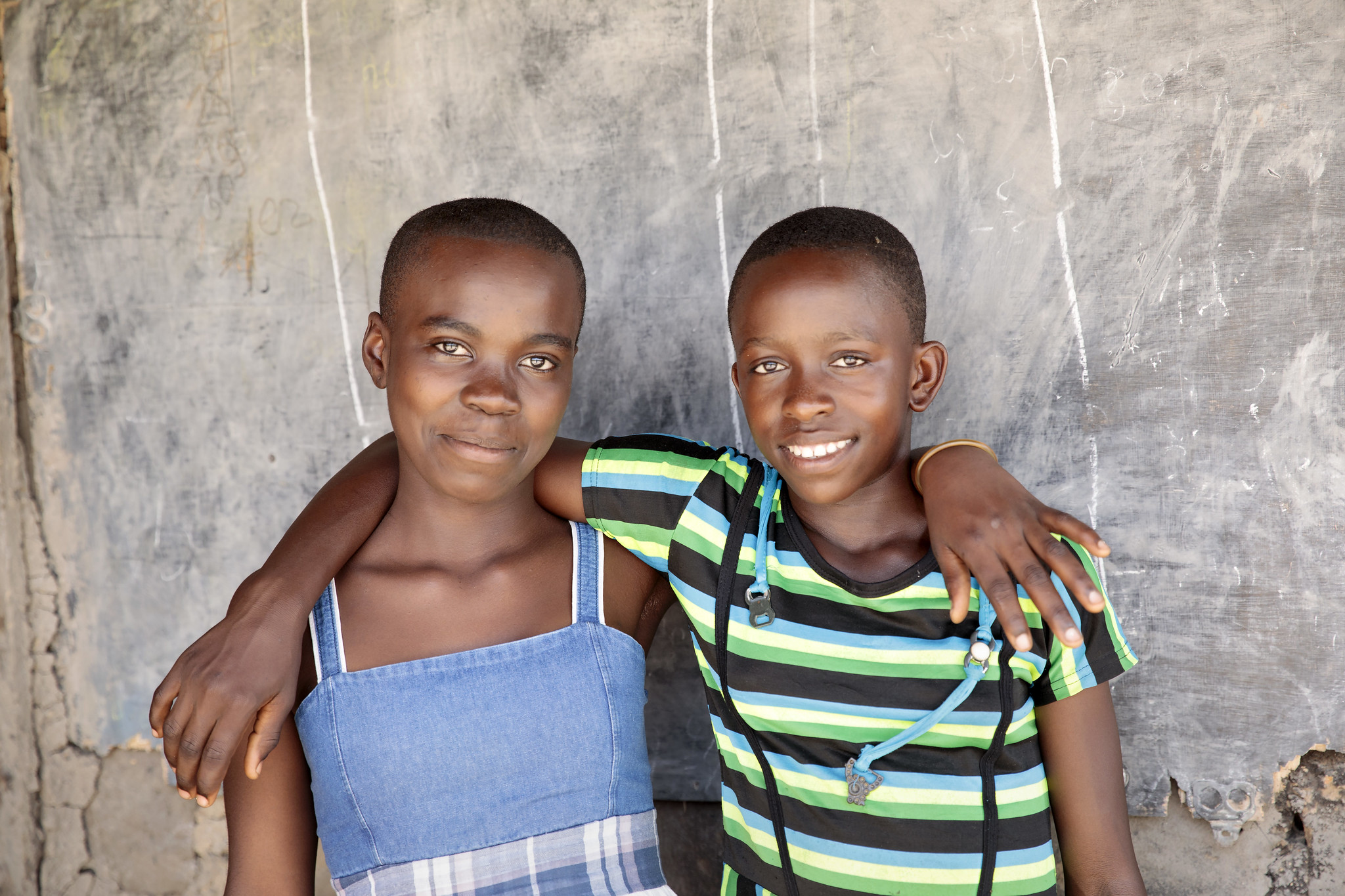Photo: UN Women (Creative Commons Attribution)
As we gather to discuss one of the most crucial topics for Africa’s future—strategic land use planning—the importance of youth land rights cannot be overstated. Based on my reflections and experiences that I prepared for the Fourth International Conference on Youth and Land Governance in Africa (CIGOFA4), I’d like to highlight why securing land rights for young Africans is essential for our continent’s progress.
Africa is home to the world’s largest population of young people, and by 2050, this number will nearly double. This demographic reality presents an immense opportunity for growth and development, but only if we address the barriers that hold young people back—one of the most significant being land access and ownership. As it stands, youth in Africa are systematically excluded from owning, using, or managing land due to traditional tenure systems, urbanization, inheritance practices, and a lack of formal documentation. The result is not just land exclusion but economic disempowerment, limited opportunities, and stifled innovation.
Why Land Rights for Youth Matter
The connection between land and power is undeniable. Without secure land rights, young people are denied access to agriculture, real estate, and countless other opportunities that depend on the land. Agriculture, for example, employs the majority of Africa's population, yet many youth find themselves locked out of this sector due to a lack of land ownership. This exclusion undermines not only individual livelihoods but also the broader economic potential of the continent.
Land ownership offers more than just economic security; it provides young people with the tools to become active participants in shaping their communities’ futures. It fosters economic growth, social stability, and environmental sustainability. When young people can own and manage land, they are more likely to invest in sustainable land management practices, which are critical as we face the ongoing threats of climate change and environmental degradation.
The Role of Strategic Land Use Planning
To address these challenges, strategic land use planning becomes a critical tool. It’s not simply about land allocation, but about making informed decisions on how to use and manage land sustainably for today and for future generations. Youth must be part of these discussions. Their voices, needs, and interests should be central in the planning process, not an afterthought.
For strategic land use planning to work, we need frameworks that recognize the unique challenges young people face. This includes ensuring secure tenure systems, enacting legal reforms, and providing the education and capacity-building young people need to navigate land governance structures.
Benefits of Including Youth in Land Use Planning
Integrating youth into land use planning brings far-reaching benefits. When young people are considered in land allocation and management, the outcomes are both transformative and long-lasting:
- Economic Empowerment: Land allocated with youth in mind creates space for entrepreneurship and innovation. Whether it’s agriculture, tourism, or real estate, young people have the potential to drive industries forward when they have access to land.
- Social Stability: Including youth in land management creates a sense of ownership and belonging. When young people are part of decision-making processes, they gain a vested interest in the well-being of their communities. This fosters peace and intergenerational equity, promoting a more stable society.
- Environmental Stewardship: Young people are often more attuned to the challenges of climate change. With secure land rights, they can implement innovative, sustainable land management practices that ensure the protection of Africa’s natural resources for generations to come.
Moving Forward: What Needs to Be Done
To turn these aspirations into reality, we need to take concrete actions. First, we must strengthen legal frameworks that protect youth land rights and ensure equitable access to land. This means designing and enforcing laws that safeguard the interests of young people.
Second, we must invest in education and capacity-building. Youth need to be empowered with the knowledge to understand land governance systems, how to claim their land rights, and how to use those rights for economic growth.
Third, we should promote youth-led governance projects. There is no better way to ensure youth inclusion than by giving them the tools and platforms to lead. When young people are at the forefront of governance, their voices will be heard, and their rights protected.
Lastly, we must foster partnerships across governments, traditional leaders, and the private sector. Creating a collaborative environment ensures that all stakeholders work together to protect and promote youth land rights.
My Commitment to Africa’s Youth
At the African Development Bank, we are deeply committed to initiatives that empower young people by ensuring their land rights are recognized and protected. We are working with governments across Africa to promote inclusive, equitable, and sustainable land policies that place youth at the center of land use planning.
For Africa’s youth, land ownership represents more than just a plot of land—it is a pathway to economic freedom, social stability, and environmental stewardship. As we move forward, I encourage all stakeholders—governments, civil society, and private entities—to join in this mission of securing land rights for youth. Together, we can unlock the full potential of Africa’s next generation.
Conclusion
Strategic land use planning is not just a technical process; it is a tool for economic justice, social harmony, and environmental sustainability. By securing land rights for African youth, we are securing Africa’s future. Now is the time to act, ensuring that the youth of today have the resources and opportunities to thrive.
Let us work together to create a future where Africa’s youth are empowered, not just to access land but to shape the continent’s destiny.


